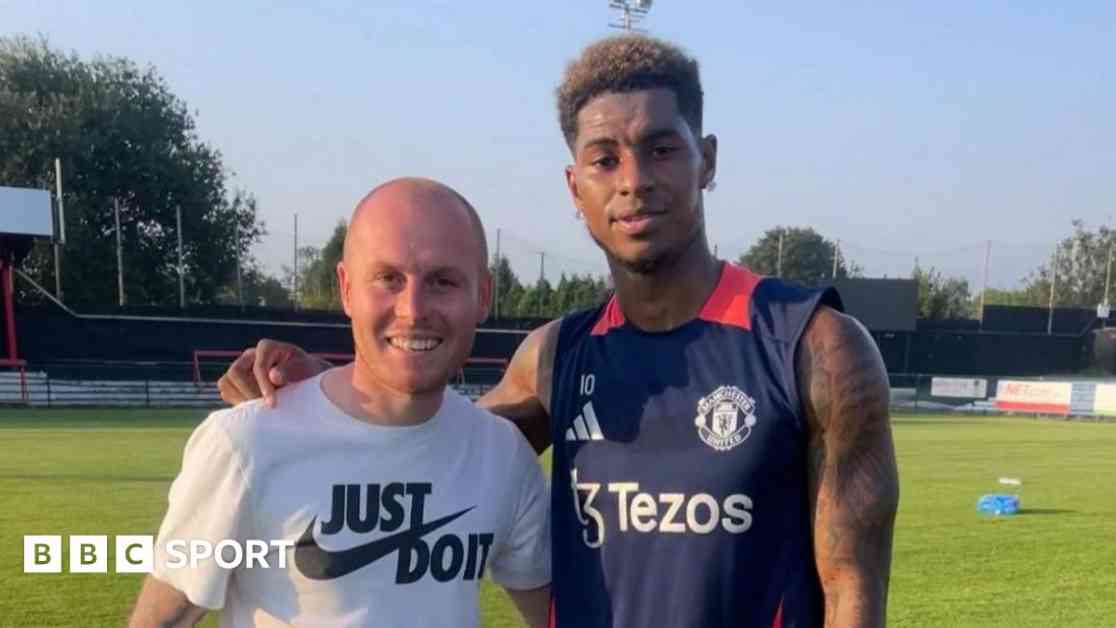Private football coaches are becoming increasingly popular among elite players, despite already having access to top-notch coaching facilities at their clubs. These coaches, such as Ryan Hopper, work one-on-one with players to fine-tune their skills and give them that extra edge on the field. Players like Manchester United’s Bruno Fernandes and Diogo Dalot, as well as England forward Marcus Rashford, have all benefited from working with private coaches like Hopper.
Why do players seek out private coaching? Well, according to Hopper, club training sessions are focused on getting results on match days, rather than individual player development. In a group setting, players may not get the personalized attention they need to work on specific aspects of their game. Private coaching allows players to delve into the finer details and work on areas they may not feel comfortable addressing in front of their club coaches.
So, what exactly does a private coach do? Before hitting the pitch with a client, Hopper spends hours analyzing their matches to identify patterns and scenarios they commonly face. By recreating these situations in training and working on them repeatedly, players like Marcus Rashford have seen significant improvements in their performance. The goal is to build confidence and help players enhance their game in areas they want to improve upon.
Despite the benefits of private coaching, not all clubs and managers are on board with the idea. Some feel that players working with outside coaches could lead to injuries or conflicting training methods. Former manager Sam Allardyce emphasizes the importance of clubs being aware of private coaching arrangements to ensure player safety and performance are not compromised. Collaboration between private coaches and clubs is key to ensuring players receive the best of both worlds.
Injuries are a concern when it comes to private coaching, as accidents can happen during training sessions. Players like Daniel Jebbison have experienced setbacks due to injuries sustained during private coaching sessions. While accidents are sometimes unavoidable, coaches like Tom King prioritize athlete safety and work closely with clubs to ensure training complements the players’ existing routines. Communication and consent between all parties involved are essential to prevent mishaps and keep players safe.
Overall, private football coaches play a crucial role in helping elite players sharpen their skills and improve their performance on the field. While there may be concerns about potential conflicts with club training methods and the risk of injuries, collaboration and open communication between coaches, players, and clubs can mitigate these issues. At the end of the day, the goal is to help players reach their full potential and achieve success in their careers.
















